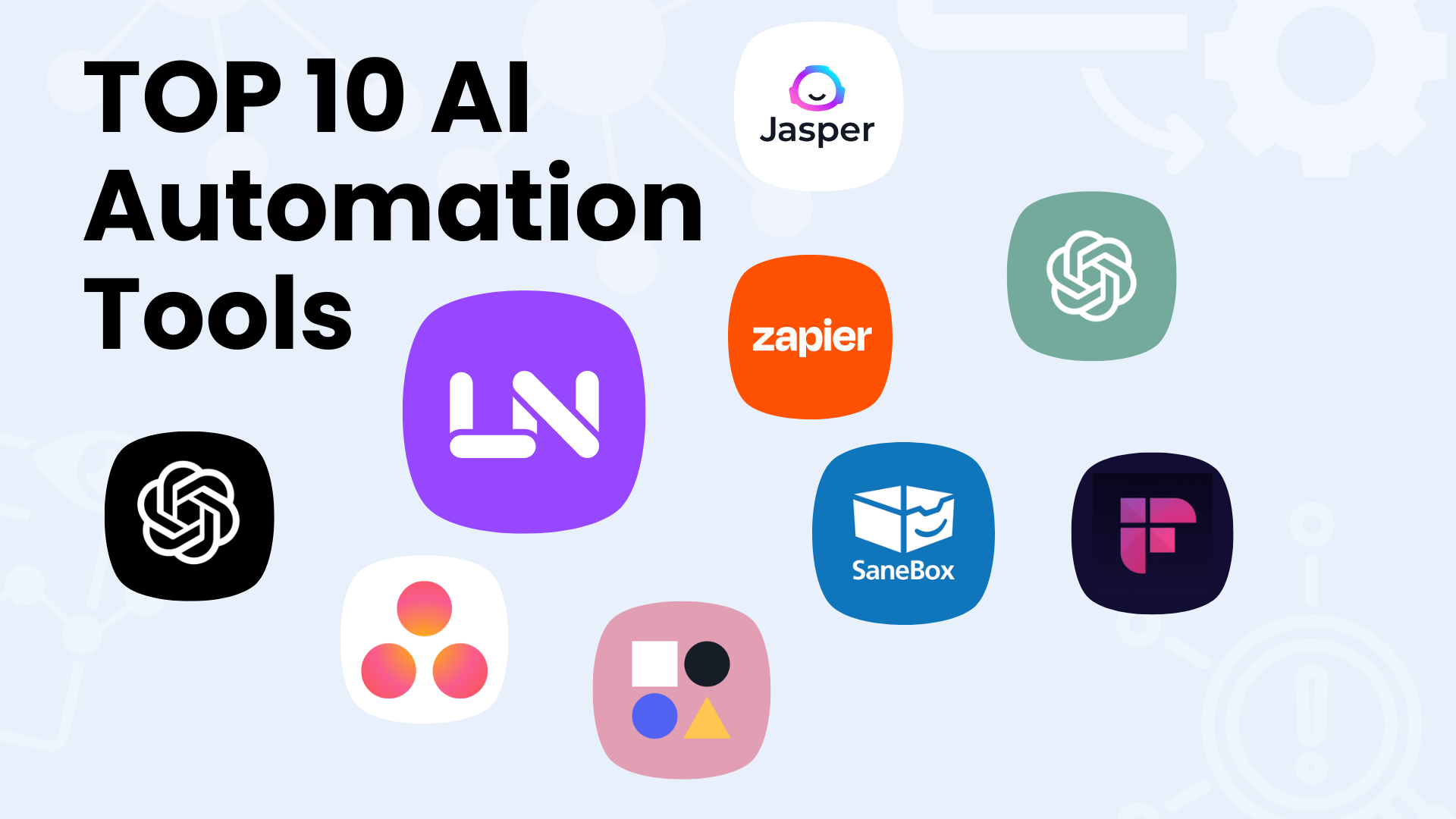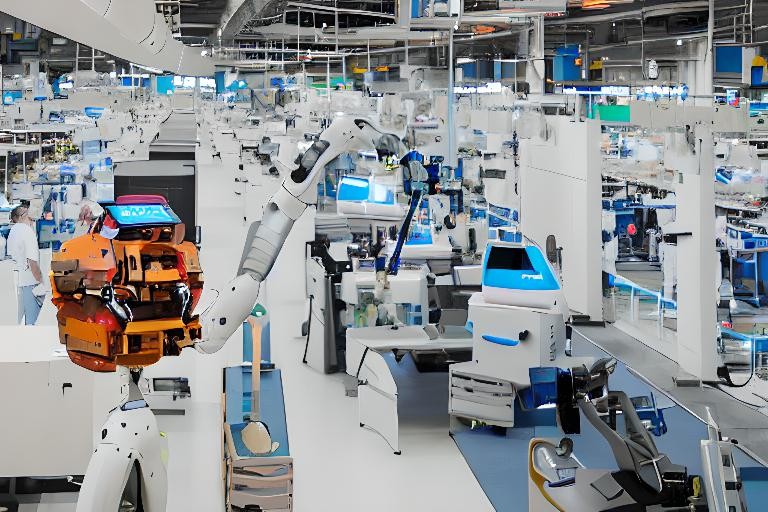What’s Next for Companies Adopting AI?
Introduction
Me as an AI expert has watched how AI technology has been Adopting AI in various industries, and we are the ultimate experts. The article helps us understand the emerging future landscape, which companies are necessary for that. The insights are based on our experience and due research.
The Current State of AI Adoption
The company has introduced AI technology to the business world. Multinational companies are already integrating AI such as customer service chatbots and data analysis tools into their business activities. Nevertheless, these are just the early stages, and AI technology still has a lot more to offer.
Key Areas of Growth
1. Enhanced Decision-Making
The omission of AI’s intervention in decision-making is the main reason likely to happen. Artificial intelligence techniques we will use as a tool to help the human decision-making process and to produce a better result.
Companies will let AI automation methods play a significant role in the following of routine and tedious tasks. The resultant increase in both job satisfaction and productivity due to the employees’ allocation of more time towards the strategic and creative aspects of work will come as part of the benefits.
3. Personalized Customer Experiences
When AI algorithms will reach a greater point of sophistication, so will companies/organizations be able to offer customers hyper-personalized experience. This will be the chance they will have to drone on about themselves and sell lots of their goods. On top of that, they will be able to respond intelligently to customers’ problems.
Challenges and Considerations
Although the increased use of AI in the future looks promising, companies still have some obstacles to overcome.
1. Ethical Concerns
As AI is being applied in more places, privacy and bias questions that are ethical need to be dealt with carefully. With the proliferation of AI, data privacy and algorithmic bias associated with job displacement are emerging as some of their biggest challenges.
2. Skill Gap
The demand and hence, the company’s necessity for AI skilled employees are skyrocketing. Companies can suffice through investment in training and development programs to preclude their workforce from malfunctioning with AI technologies or promote their AI capacities.
3. Integration with Existing Systems
AI implementations often entail the replacement of the existing infrastructure and processes. Thus companies have gone through cycles of infrastructure and process overhaul to reap the benefits of employing AI solutions.
Conclusion
The future of AI technology implementation is a very exciting but also a very complicated one. However, it is important for companies to be vigilant and keep themselves up-to-date with the latest AI advancements. Furthermore, it is vital that they critically think around the decision of their implementation through full and responsible use of AI.
Frequently Asked Questions About Adopting AI
1. What are the main benefits of adopting AI for businesses?
My personal view is that AI introduction for business indeed causes effectiveness, better decision-making, better customer interaction, and modern product development. AI automates routine tasks, analyzes large datasets for insights, personalizes customer interactions, and enables predictive maintenance, ultimately driving growth and competitiveness along with it.
2. How can companies start implementing AI in their operations?
From my observation, companies should start with tangible problems that AI can solve and evaluate the AI environment before further investments, such as the establishment of finished project-capable infrastructure and employee upskilling. By handling pilot projects and setting business goals, they can progressively increase AI technology into their operations.
3. What are the potential challenges in adopting AI?
My report is full of examples of data quality issues, no professionals having knowledge of AI, standard old technologies of systems, and the situation in which companies met with ethical issues. Managing these requires strategic groundwork, heavy engagement of talent, and infrastructure investment as well, whereas ethical use of AI must be clearly marked out.
4. How does AI impact employee roles and job security?
I am one of the ones who let the machine do the dirty work and thus early retirements are hastened. However, new opportunities in the AI, data analysis, and AI system management are also created in the industry. Usually, there are also staffs re-skills training with the advent of the fusion of AI technologies.
5. What industries are currently leading in AI adoption?
In my opinion the top ones are health care, financing, and retail, manufacturing and technology, in which AI is a rapidly appearing feature. They use AI in diagnosing of illnesses, anti-fraud algorithms, personalized recommendations, predictive maintenance, and software design respectively.
6. How can small businesses benefit from AI adoption?
I’ve watched how businesses have adopted AI through saving in labor costs due to a lack of human labor in customer service(replaced by chatbots), focused marketing, and supply chain management backed by data decision-making. AI makes the game flat now with the smaller companies fighting the race of efficiency and consumer identity alongside or with bigger enterprises.
7. What are the ethical considerations in AI adoption?
From my personal experience, the central to ethical considerations clearly stated are as follows: User Data Privacy, Algorithmic Bias, Transparency, and Accountability. In the indistinct route to the fairness of AI-driven systems, companies must take the privacy and commissions of users under the law as a given and thus should be engaged in harmonization with regulations and adapting punishment mechanisms.
8. How does AI adoption affect customer experience?
I have realized that AI, particularly in personalized recommendations, 24/7 customer chatbots, and tailored marketing, was the main reason for the improved experience of customers. AI uses customer information to foresee the needs of users and make timely interactions.
9. What ROI can companies expect from AI adoption?
The return(s) on investment, generally, will be different according to the field and position of use, as well as saving costs though. Huge data analysis, as a result of advancement in businesses, can provoke extra spending which may be increased by the evasion of presiding over everyday activities. Eventually firms take advantage of better productivity, innovation, and customer satisfaction in the long run.
10. How can companies ensure successful AI integration with existing systems?
It is my experience before that companies that adopt successful AI approach must do a careful planning, get their IT departments on board earlier on, check data compatibility, and more so, incorporate flexible AI solutions. By going slow and doing short tests and employee training will be the difference. A great emphasis is also laid on the establishment of a data culture to fully capitalize on the power of AI.



Post Comment